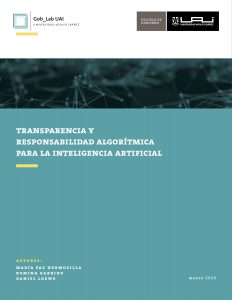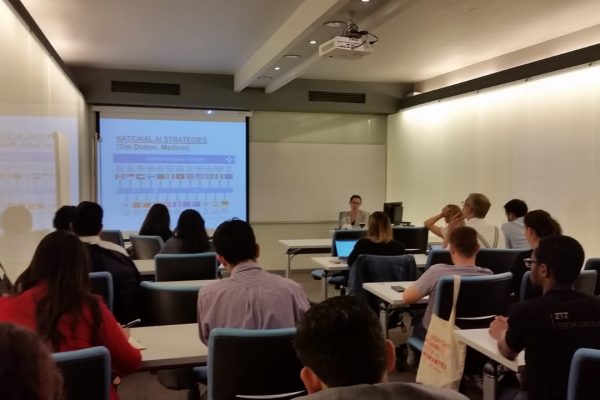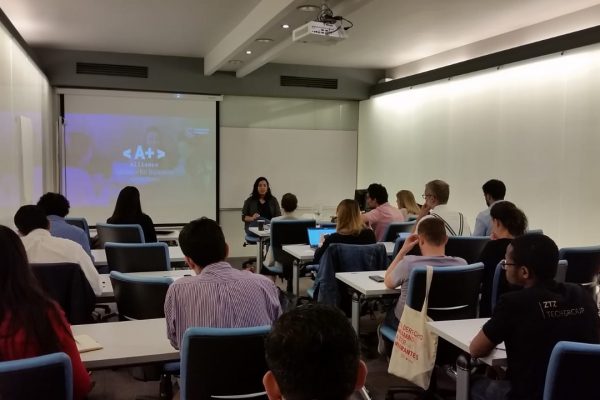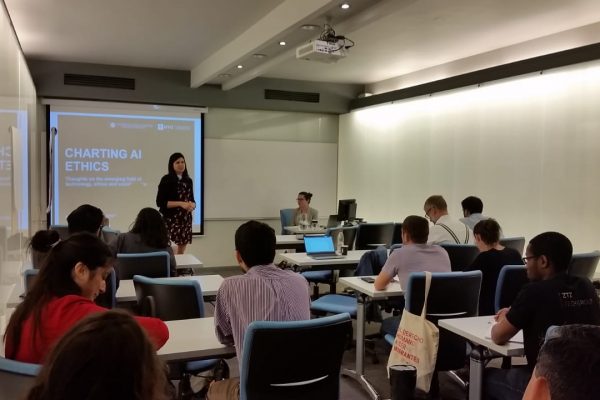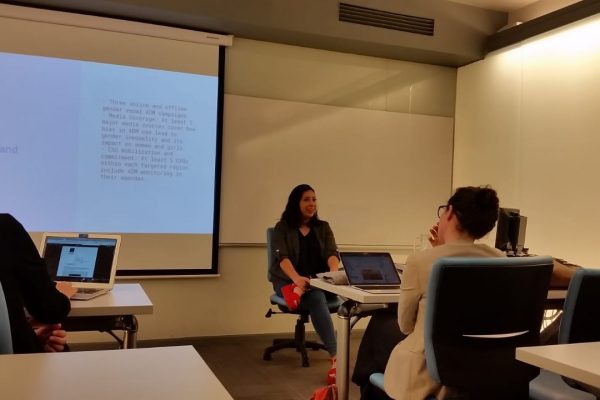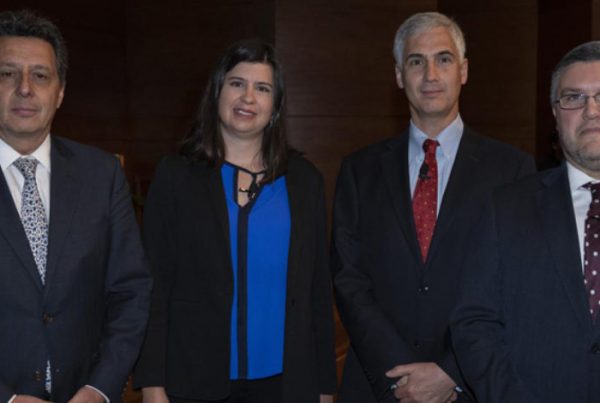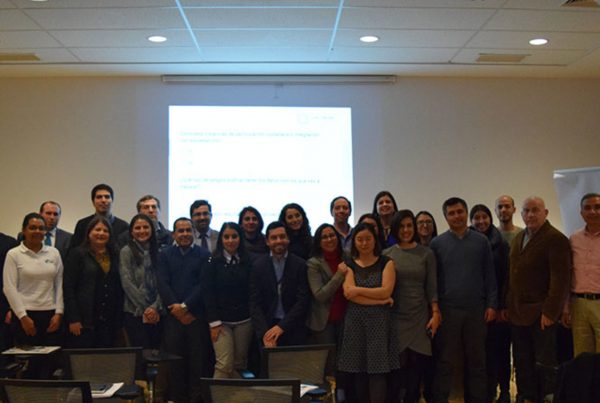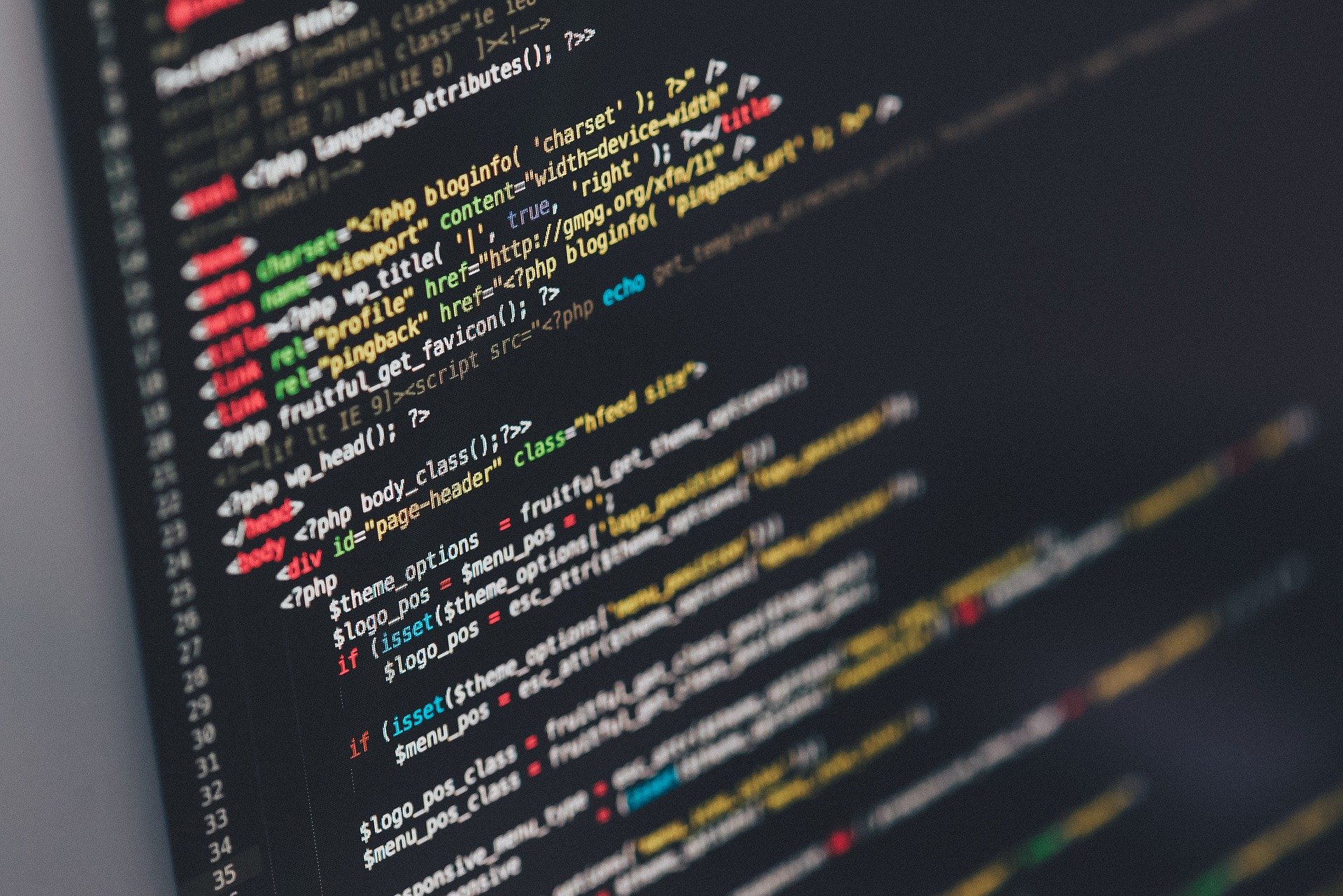
Data Ethics
In this line of work, we explore the ethical and social implications of the use of data science and its effects on privacy, transparency, equity and human rights, in addition to exploring tools for an ethical and responsible use of data.
Data ethics has been defined as a branch of applied ethics that describes the value judgments and approaches we adopt when generating, analyzing and disseminating data (Data Ethics Framework, UK Government, 2018)
GobLab has integrated data ethics content into its Big Data for Public Policy Certificate Program and two continuing education courses (Data Science Project Scoping and Data Ethics). It coordinates a research group at UAI and carries out publications, events and projects in the field.
Our Progress
Algorithmic Transparency Research
The thesis “Ethics and algorithmic transparency: is the use of information communicated to citizens?” seeks to understand the treatment given by public institutions to the algorithms involved in the making of decisions that influence citizens. To this end, requests for access to public information were made for seven cases of algorithm use in the public sector. Researcher: Sara Seselovsky.
Data Ethics Research Group
The research group was created in 2019 and is coordinated by GobLab. It periodically brings together researchers and academics from different disciplines of Universidad Adolfo Ibáñez who are interested in the subject in order to share the progress of their research and formulate joint projects. If you would like to be part of it, write to goblab@uai.cl
Publication: "Ethical Data Management”
More and more public and private actors are asking themselves how to scale up their impact through the use of technology. At the same time, the use and management of the personal data of millions of people is of concern to citizens, and there is a sense of urgency about the need to protect the security and privacy of the used data. What measures can be taken and what is the risk of not taking them? How can the public sector manage the data responsibly? This document provides frameworks on ethical data management and the importance of consent, a compendium of best practices and a roadmap with concrete steps for responsible data management by the public sector. See publication.
Publication: "Transparency and Algorithmic Responsibility for Artificial Intelligence”
The paper presented below contains the results of the “Transparency and Algorithmic Responsibility for Artificial Intelligence” workshop organized by the School of Communications and Journalism and GobLab UAI, both from Universidad Adolfo Ibáñez, and the Ministry of Science, Technology, Knowledge and Innovation. The workshop was developed around three questions on how to face the ethical challenges of AI, which is to be contributed to the National Policy. See publication.
Responsible use of AI for public policy: Project formulation manual
The AI is a very powerful tool that can help solve complex problems, as long as it is contextualized within the public policy problem that it seeks to solve, and the ethical and legal problems involved in the application of automatic decision-making tools are addressed. This manual is part of a series of documents and tools aimed at guiding policymakers and their technical teams in mitigating the challenges inherent in AI-based decision support systems and in promoting their responsible adoption. This manual is intended to help those responsible for formulating projects with AI-based support systems to carry out their planning and design, as well as to subsequently lead their execution and monitoring. See publication.
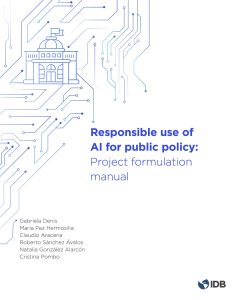
Technologies, Policies and Society Seminar
This academic space is dedicated to reflection and discussion on the social and cultural implications of bulk data analysis, the effects of the digital transformation of the public sector, the emergence of new digital spaces and the growing use of algorithms. Its objective is to contribute from an interdisciplinary perspective to the critical study of the relationship between society and technology, highlighting the ways in which it shapes our daily practices and experiences, challenges our theoretical and methodological assumptions, questions what we understand by government and public value, encourages the strengthening of public policies and raises ethical reflections on justice or privacy.
Based on these themes, the intention of the seminar is to promote an academic and expert dialogue among various disciplines and institutions. Therefore, the challenge is how to theoretically and empirically understand these phenomena and critically evaluate the best way to study them in practice.
It is organized by GobLab, the Doctorate in Political Processes and Institutions, and the Social Media Culture Laboratory.
Events
Algorithms, Work, View
This presentation reflects on the relationship among machine learning algorithms, the automation of visual perception and the transformations of the sphere of work in contemporary capitalism. See More.
Artificial Intelligence, Ethics and Inequality
AI technologies increasingly play a central role in the organization of social life. Over the past two years, we have seen more and more evidence that these technologies may also perpetuate and exacerbate algorithmic discrimination. Corporations, technologists and policymakers alike have resorted to “AI Ethics” to remedy this situation. See More.
Members

His areas of expertise are political philosophy, moral philosophy and ethics, with a special emphasis on egalitarian theories, multiculturalism, liberal theories, animal ethics, environmental ethics and international justice theories.


He is Professor Emeritus of the School of Computer Science at Carleton University (Ottawa, Canada), Senior Computer Scientist at RelationalAI Inc. (Berkeley, USA) and Senior Researcher at the Millennium Institute for Foundational Research on Data (IMFD).
He is a former professor at the Faculty of Mathematics and Engineering of PUC (until 2001), visiting professor at the Universities of Toronto and Wisconsin-Milwaukee, and guest researcher at the Technical University of Vienna, Technical University of Berlin, Marseille (Luminy), Calabria and Bolzano-Bozen. In addition, he was President of the Chilean Society of Computer Science (SCCC).




He has been a speaker at national and international conferences on philosophy, law and new technologies.
Assistant in the project FONDECYT Nº 11170230 "Social Bases of Self-respect as a Metric of Social Justice". He is currently developing research on intelligent contracts and the relationship between ethics and law in the programming of artificial intelligence systems.

She is currently working on her thesis “Ethics and Algorithmic Transparency: Is the use of information communicated to citizens?”


